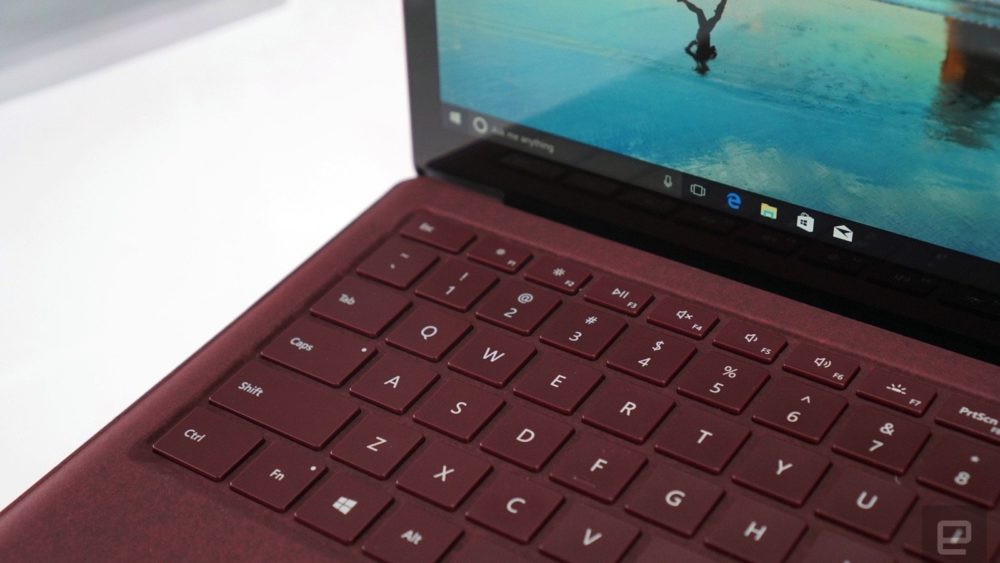by Frederic M. Douglas and James E. Hawes
This column highlights some of the more notable recent online notices, newsletters, and blogs dealing with IP prosecution issues.
IPWatchdog – a patents and patent law blog – IPwatchdog.com
* On November 30, 2018, Robert Schaffer, Joseph Robinson, and Dustin Weeks explained the Federal Circuit Court of Appeals opinion in Ancora Techs. v. HTC Am., Inc., No. 2018-1404, (Fed. Cir., Nov. 16, 2018) (http://www.cafc.uscourts.gov/sites/default/files/opinions-orders/18-1404.Opinion.11-16-2018.pdf) that found a computer-related invention as patent eligible. The court concluded that the claimed method of improving security was not an abstract computer-functionality improvement as the method was performed by a specific technique departing from prior approaches that caused a reduction in the risk of hacking the computer. (http://www.ipwatchdog.com/2018/11/30/patent-claim-concrete-assignment-specified-functions-patent-eligible/id=103653/)
* On December 21, 2018, Joseph Robinson, Robert Schaffer, and Dustin Weeks discussed a recent Federal Circuit opinion finding that in some situations a post-Uruguay Round Agreement Act (“URAA”) patent may be a proper obviousness-type double-patenting reference against an earlier filed, yet later expiring pre-URAA patent. The case is Novartis Pharms. Corp. v. Breckenridge Pharm. Inc., Nos. 2017-2173, 2017-2175 (Fed. Cir., Dec. 7, 2018) (http://www.cafc.uscourts.gov/sites/default/files/opinions-orders/17-2173.Opinion.12-7-2018.pdf). (http://www.ipwatchdog.com/2018/12/21/post-uraa-patent-invalidating-reference/id=104420).
* Gene Quinn published an article on January 4, 2019, discussing that day’s guidance by the USPTO. One was a revised guidance for subject matter eligibility under 35 U.S.C. § 101 (http://www.ipwatchdog.com/wp-content/uploads/2019/01/revised-101-guidance-2018-28282.pdf) and the other was guidance on applying 35 U.S.C. § 112 for computer-implemented inventions (http://www.ipwatchdog.com/wp-content/uploads/2019/01/112-guidance-2018-28283.pdf). (http://www.ipwatchdog.com/2019/01/04/patent-eligibility-guidance-abstract-idea/id=104754/).
Patent Docs – A patent blog – patentdocs.typepad.com/patent_docs
* In the December 3, 2018 post, Donald Zuhn mentioned that the USPTO issued a reminder notice, “Authentication Changes for Registered Users of EFS-Web and Private PAIR” (https://www.uspto.gov/sites/default/files/documents/auth-changes-20181120.pdf). The USPTO is phasing out Public Key Infrastructure (PKI) certificates. The updated system is intended to resolve past browser compatibility issues until the full release of “Patent Center,” which will be the new tool to replace EFS-Web and Private PAIR in 2020. (https://www.patentdocs.org/2018/12/uspto-director-issues-notice-on-new-authentication-system-for-efs-web-and-private-pair.html).
* Donald Zuhn’s December 23, 2018 post updated the issue with PKI certificates, relaying the information that the USPTO delayed the PKI certificate termination date until February 15, 2019. (https://www.patentdocs.org/2018/12/uspto-delays-pki-certificate-termination-date.html).
AIPLA – the profession’s national organization – see AIPLA.org
* AIPLA will hold its 2019 Annual Meeting October 24-26, 2019 in Washington, D.C. More information on this meeting and other events is available at https://www.aipla.org/list/events.
Miscellaneous –
* The Chisum Patent Academy holds upcoming patent law seminars in Houston, Texas on February 21-22, 2019 and Seattle, Washington on August 8-9, 2019. Complete syllabi for all Chisum seminars are available at http://chisum-patent-academy.com/past-seminars/. There are a possible 18 CLE credits for these seminars. Each seminar is limited to ten attendees. More info at https://chisum-patent-academy.com/upcoming-patent-law-seminars/.
For more information about any of the patent topics mentioned consult Patent Application Practice. Trademark topics are discussed in Trademark Registration Practice. Both are published by West and updated twice a year. For patent prosecution or litigation questions, contact Fred Douglas at 949/293-0442 or by email at fdouglas@cox.net.




Comments are closed.